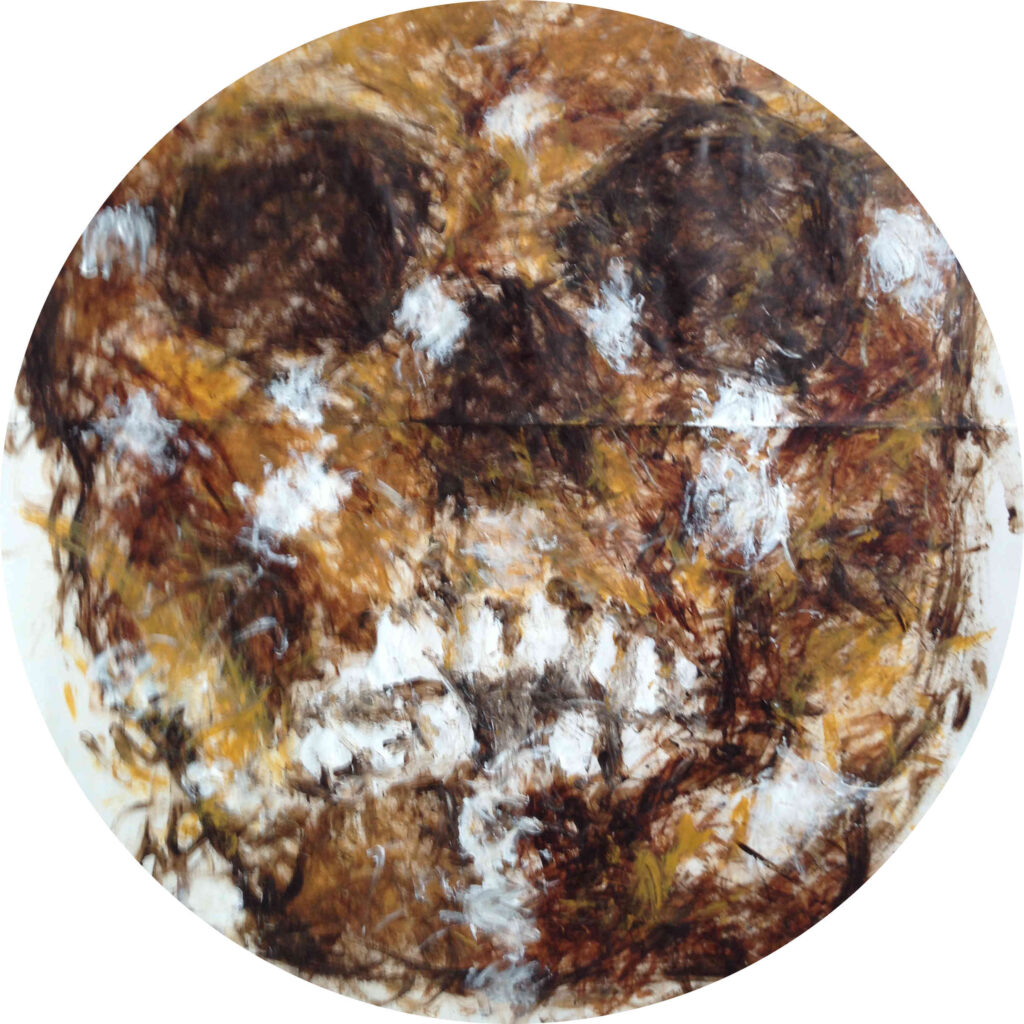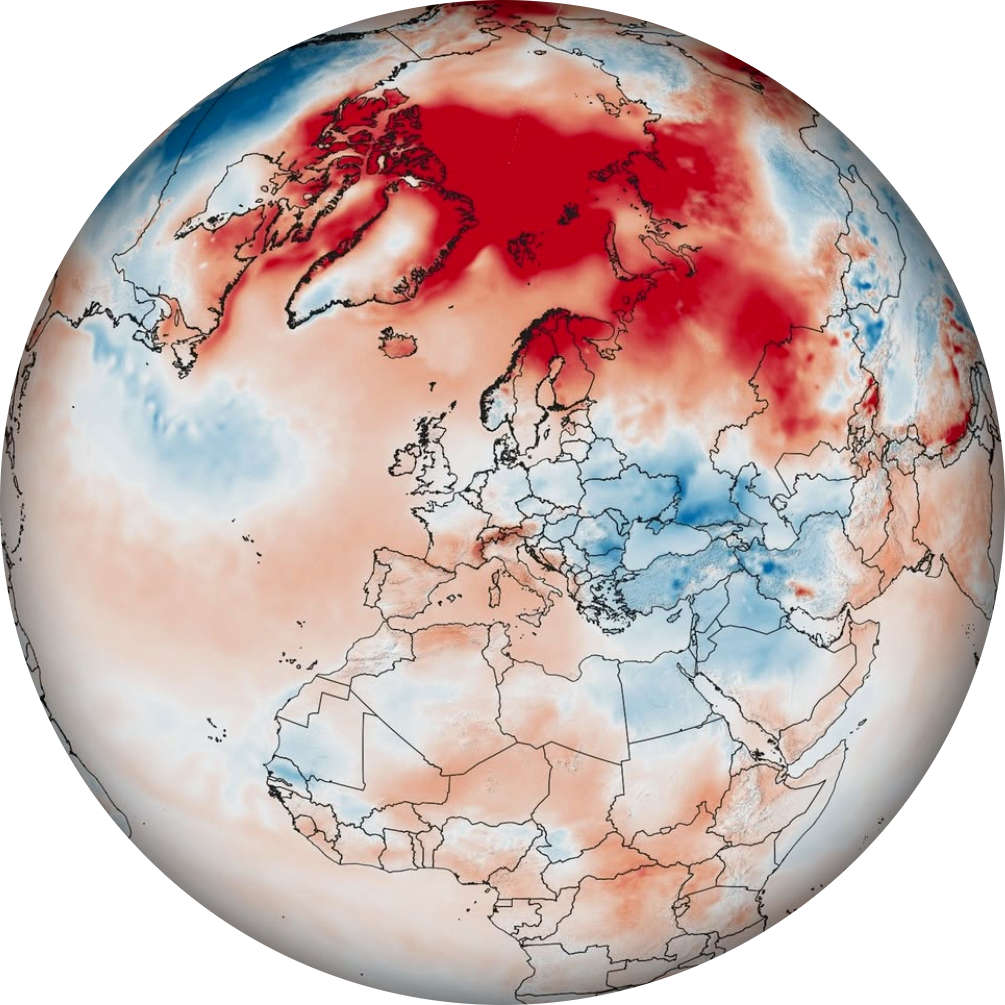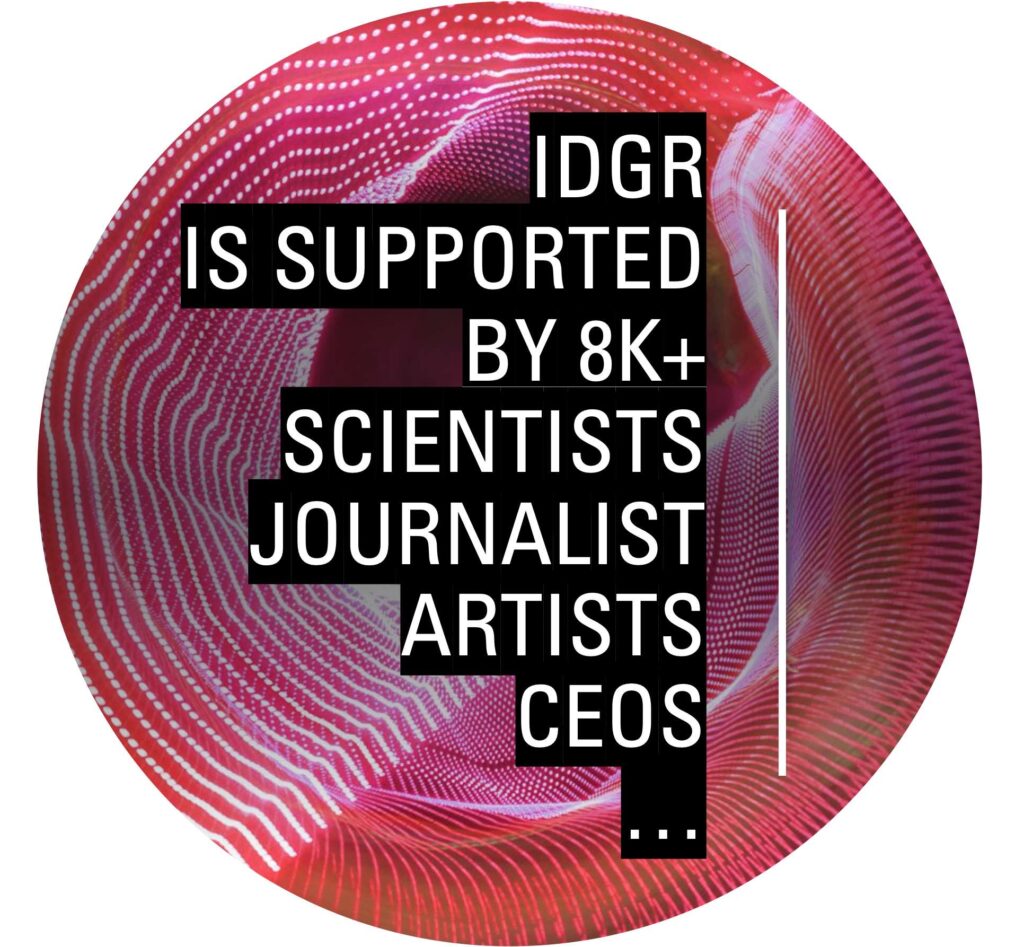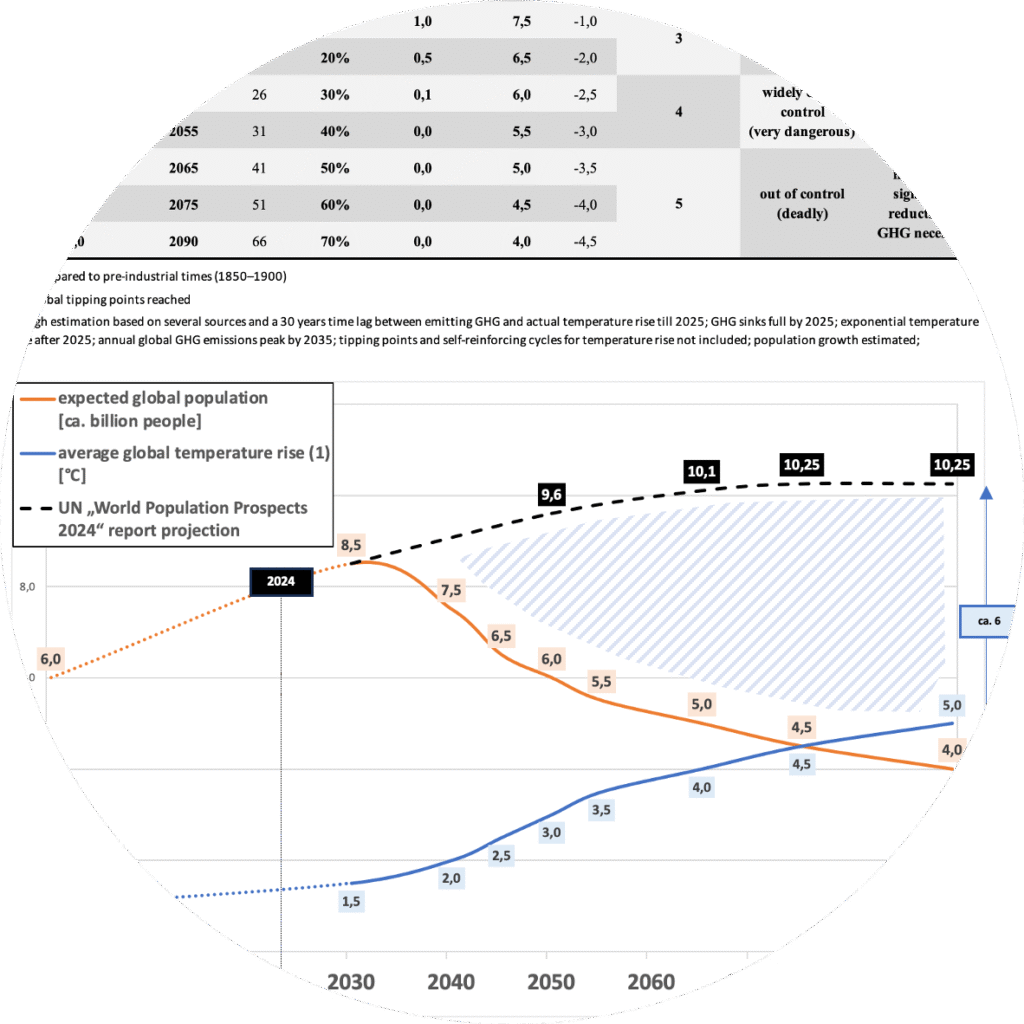A global vote on “climate actions” now!
Reducing global “greenhouse gas” emissions to keep the global average temperature rise below the 1.5°C (physical) limit (in comparison to the pre-industrial time) failed.
Thus, we have to learn, (radically) re-think & change the way, how we approach global decision making so far.
In our view, global (direct) democratic decision making is the new & successful way.
One person, one vote, no matter what nationality.
It is time for everyone to have a vote on “climate actions” within global politics!
It will be a first big step towards global (direct) democracy.
Latest news
-
0.1% of military budget for global democracy & global peace
Ahead of the “2025 North Atlantic Treaty Organization (NATO) Summit in The Hague” (24 – 25 Jun. 2025) we ask leaders and decision makers to further focus their effort on the development of global democracy as the best way towards global & sustainable peace. We wish to have a discussion…
-
“Trump administration” is killing potentially billions
The current geo-political development mainly coming from the “Trump administration” is the worst case scenario, it is a full disaster! The amount of destruction coming from the “Trump administration” is by far the worst, worse then everything else so far happening to humanity, including the 2nd World War. There are…
-
The (most likely) greatest impact project in human history
Global warming, climate change, and the loss of biodiversity is by far the current greatest (security) threat to humanity (cf. our trans- & interdisciplinary global warming scenario). It is silent, it is slow, it is complex and it is inert & thus delayed. Based on what we understand about our…
-
“Eurovision Song Contest” shows great potential for global united society
Change demands passion, collaboration demands humanity, and a united society demands love and creativity. Art and culture can provide all of these so very important credentials for a healthy and thus sustainable (global) society. “There is no Christian, no Muslim, no Jewish blood. There is only human blood.I say, be…
-
Global health is the path and will deliver global peace
We have a dream – a world with all the people, yes, all the people living withing a global healthy and thus sustainable society peacefully together. To make this dream a reality, there are three core concepts important in our view – (1) the skill of all the people for…
-
The root cause for trade deficits
The major damage from the current “United States of America ” (USA) administration is its distraction from our currently by far greatest (security) threat to humanity – global warming, climate change, and the loss of biodiversity. Based on that and since there is significant noise & irritation, I want to…
Our current actions

global referendum
A first global direct democratic vote on “climate actions” now!

cinema-movie
the library
Our current research

paper
The economy of dying

paper for “No Limits to Hope” (Club of Rome)
How school kids become global citizen


